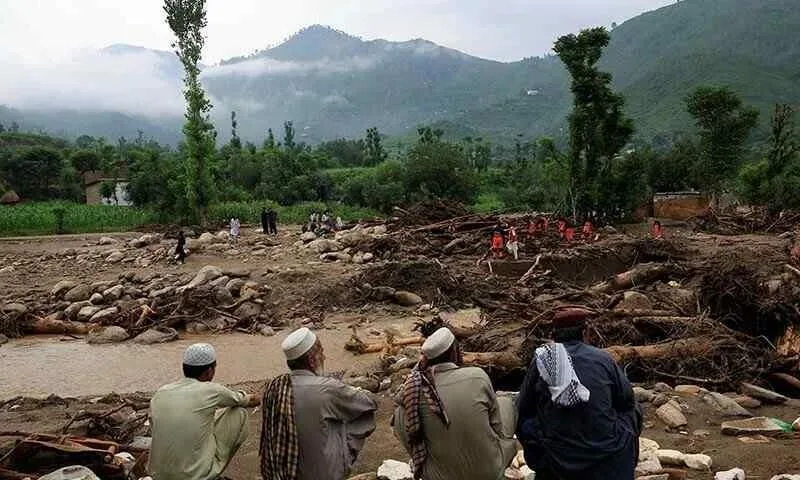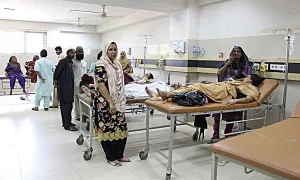A Community in Crisis Over 7,000 residents of Upper Bara in Tirah are facing a dire healthcare emergency. The recently established health unit in Sandana, intended to serve the region, falls drastically short of basic medical standards. Instead of a proper clinic, the facility consists of three small containers powered by solar panels—with no access to clean water.
Limited Staff, No Emergency Care The unit is staffed only by a junior EPI technician and a malaria supervisor. While both are committed to serving the community, they lack the qualifications to handle emergency cases or prescribe essential medications. Patients often arrive from remote areas seeking help, only to discover that free medicine supplies ran out months ago.
No Lab, No Maternal Support Residents report a surge in illnesses such as malaria, chest infections, throat problems, and urinary conditions. Yet, the facility lacks even a basic laboratory for diagnostic testing. The situation is especially dangerous for expectant mothers, as there are no female medical staff or labor rooms available—forcing women to travel long distances for delivery and prenatal care.
Forced to Travel for Treatment In serious cases, patients must be transported to Dogra Civil Hospital in Bara or even to Peshawar, enduring long and costly journeys. This delay in treatment often leads to preventable complications and unnecessary suffering.
Urgent Need for Infrastructure and Staffing The community is calling for immediate upgrades to the Sandana health unit. Their demands include:
- A permanent building with clean water access
- Qualified medical staff, including female healthcare workers
- A functioning laboratory for basic tests
- A dedicated maternal health unit
Conclusion: Time for Action, Not Promises The situation in Upper Bara is a stark reminder of the healthcare disparities faced by rural communities in Pakistan. Without swift intervention and investment in infrastructure, thousands will continue to suffer from preventable illnesses. The residents’ plea is clear: they need a real health facility—not a symbolic one.




+ There are no comments
Add yours